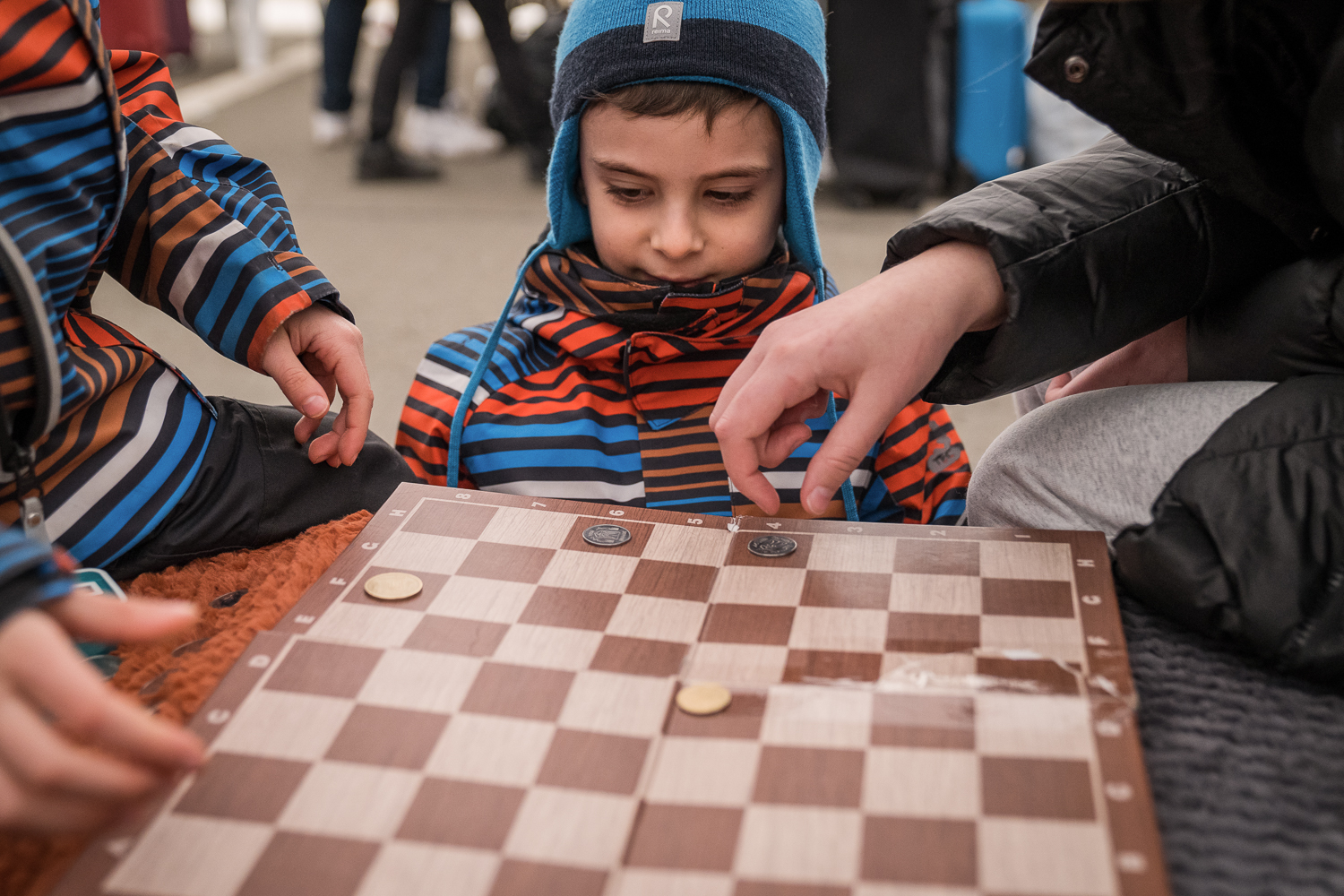
Hundreds of schools damaged and children traumatised by Indonesia’s deadly earthquake and tsunami
Education in emergencies
Aid agencies are trying to get children back into education and play groups quickly to help them cope with the devastation.
Efforts are underway to get children back to school in Indonesia after an earthquake and tsunami caused devastation and killed more than 1400 people.
At least 600,000 children have been affected and many are sleeping on the streets among ruins, said the charity Save the Children.
More than 1000 schools are feared to have been damaged, directly impacting schooling for one in five students on the island of Sulawesi – home to over 18 million people – according to UNICEF.
Save The Children said it was urgently establishing safe places for children to play and staff are trying to get children back to school, where possible. But many Sulawesi communities have been devastated.
“It’s hard to imagine a more frightening situation for a child,” said Zubedy Koteng, the organisation’s child protection adviser, who is in the coastal city of Palu.
“Many children are in shock and traumatised, alone and afraid. Young children searching for surviving relatives will have witnessed and lived through horrific experiences which no child should ever have to see.”
More than 66,000 homes were destroyed or damaged by the magnitude 7.5 quake and the tsunami it spawned on September 28. Families now face growing health risks as the full scale of the crisis becomes known.
Save the Children has been working in Indonesia since 1976 and has a long history of responding to humanitarian disasters in the country.
That includes the recent earthquakes on the island of Lombok, which damaged hundreds of schools, and the 2004 Boxing Day tsunami.
“We will also set up special playgroups to provide children with a safe place and respite from the panic of the rescue mission that’s underway, as well as supporting children to go back to school, which is the best place for children to be,” said Save the Children’s Program Implementation Director Tom Howells.

It is crucial for children to get back into school or early learning as quickly as possible after a natural disaster.
Emergencies can disrupt a child’s education for months or even years. This means children miss out on vital learning and are deprived of a safe place to be when they are in very traumatic situations.
Charities are warning of the potential for an outbreak of disease or illness in disaster-ravaged communities. Clean water supplies are running low and thousands of families are living in makeshift shelters and cramped evacuation centres.
“The destruction and loss is absolutely heart-wrenching, and the suffering on a scale that’s hard to fathom. It will be a long recovery process,” said Howells.
“The situation right now is a recipe for disaster, with thousands of people suddenly made homeless and all their possessions destroyed.
“There is debris and rubbish everywhere and it’s difficult for families to maintain hygiene standards, not to mention having access to food and clean drinking water for children and babies.
“We’re really concerned that we could start seeing a growing number of children getting sick with illnesses like diarrhoea, as is often the case in the aftermath of crises like this where the scale of damage is so high.”
A team of staff from Save the Children’s partner in Indonesia, Yayasan Sayangi Tunas Cilik, are in Palu, the capital of central Sulawesi and the epicenter of the crisis.
The death toll in Indonesia’s twin quake-tsunami disaster climbed to 1424 yesterday, with time running out to rescue survivors six days after the disaster. More than 2500 people were injured.
Among the victims were a group of high school students from Palu who were at a bible camp. More than 80 were there and so far 35 bodies have been found.
Authorities have set a tentative deadline of tomorrow to find anyone still trapped under rubble, at which point the chances of finding anyone alive will dwindle to almost zero.
According to the UN’s humanitarian office, almost 200,000 people need urgent help, among them tens of thousands of children.
“The government of Indonesia is experienced and well-equipped in managing natural disasters – but sometimes, as with all other countries, outside help is also needed,” UN Under-Secretary-General for Humanitarian Affairs and Emergency Relief Coordinator Mark Lowcock said in a statement. He announced an allocation of $15 million.
The International Federation of Red Cross and Red Crescent Societies said it was appealing for $22 million to help Indonesia.
Some aid from the UK and Australia was due to arrive today.
More news

Theirworld’s mission to give children in crises a safe place to learn
